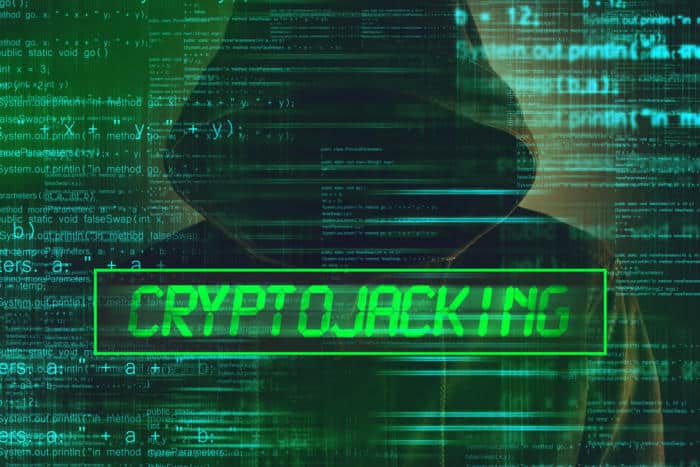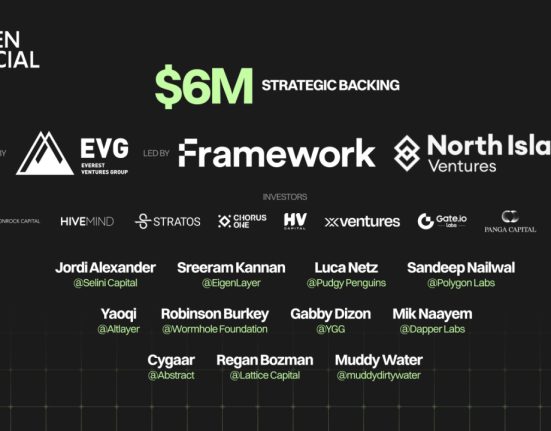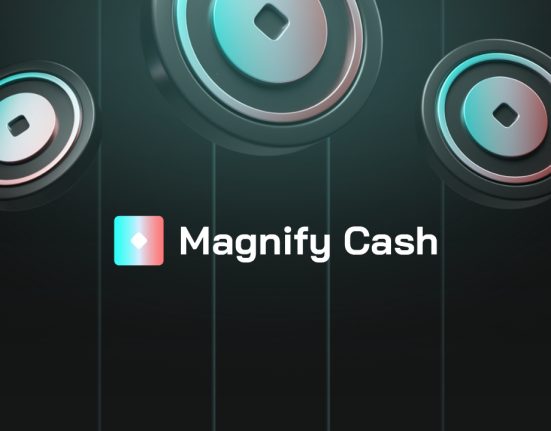
The cryptocurrency revolution steadily marches on. While it has yet to completely reshape the financial and other systems of everyday life, crypto acquisition and usage grow yearly.
There is so much to love about cryptocurrency. From its decentralized and democratic nature to the higher levels of security it can provide through the blockchain, crypto is changing the world around us.
Unfortunately, as with so many other digital world areas, hackers have found a way to exploit innocent user’s computer resources to mine cryptocurrency. This means whether you’re a diehard crypto fan or just someone trying to use Facebook and YouTube, this threat could be coming for you.
What is crypto hacking, and how can you defend against it? Find out everything you need to know here.
Before diving into cryptojacking you must understand how cryptocurrency works to get a complete picture of the threat it poses to you.
The whole system of cryptocurrency is underwritten by the blockchain. The blockchain is effectively a ledger of transactions so people can see the detailed history of bitcoin transactions.
Think of it like this—instead of sending your money through the banking system and your bank verifying the transaction, the blockchain does it instead. The blockchain is made up of a computer network that records the sender’s and receiver’s addresses and the amount of crypto being sent.
The ledger is stored across multiple computers to ensure the complete accuracy and authenticity of data. In fact, this is one of the best features of crypto since if hackers do manage to break into one computer and manipulate the information, there are countless others with the true data history of the coin.
These computers are known as crypto miners. They add transaction information into the blockchains, which then goes into the blockchain.
As another security feature, these additions can only be accepted if they are correctly hashed (think secured). Doing so requires mathematical calculations that take up time and an immense amount of computer processing power.
To incentivize users to provide their computers to perform hashing tasks, crypto coin providers will provide them a reward in the form of crypto.
How much you get depends on the network and the number of other people mining. In the past, however, it wasn’t too hard to receive one full Bitcoin for assisting in these efforts. You could even use a laptop to mine crypto back in the early days.
With crypto more popular than ever, it’s a lot more complicated. Now you have to have some serious computing power as in racks of servers to make crypto mining profitable.














